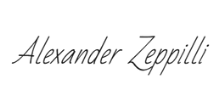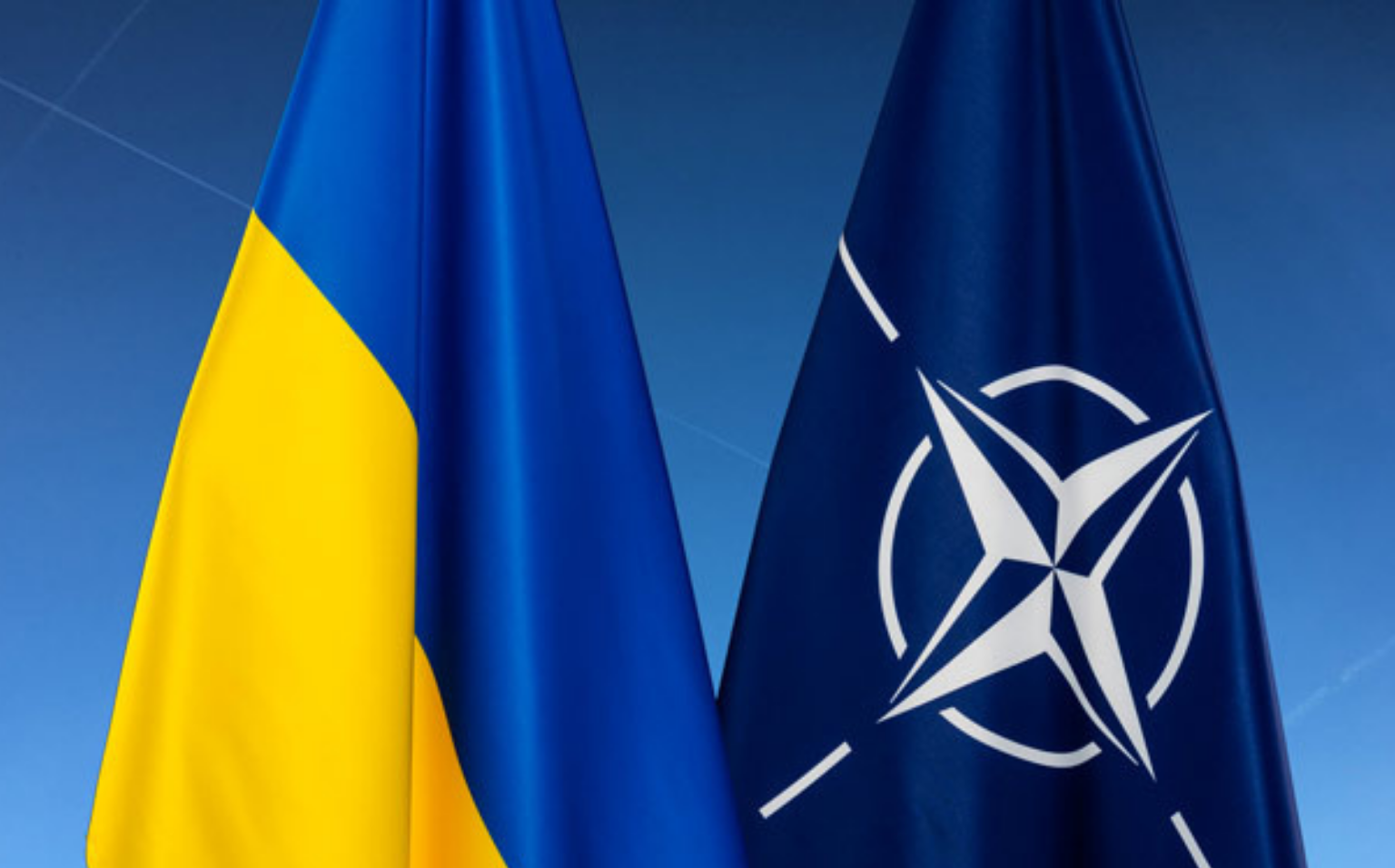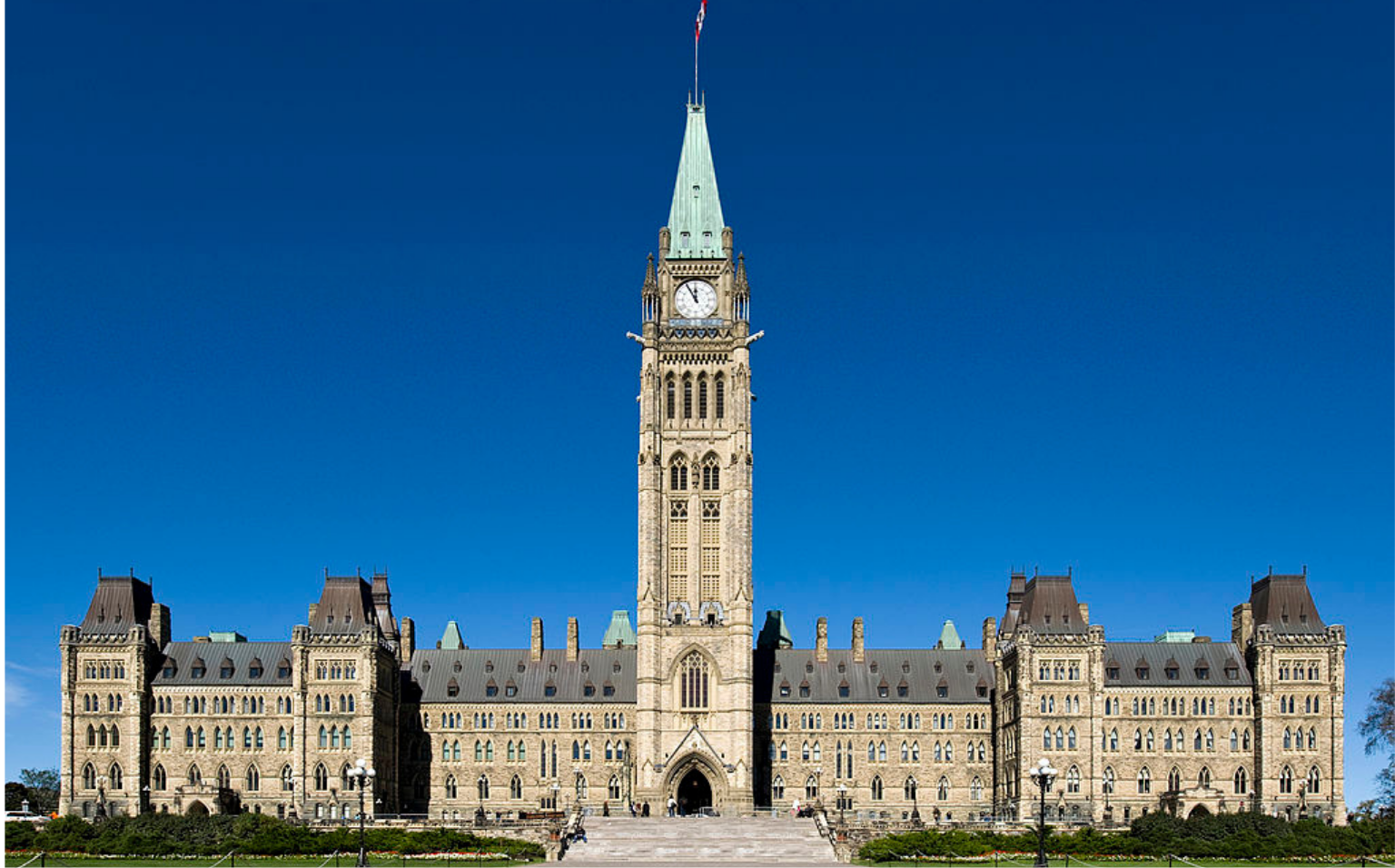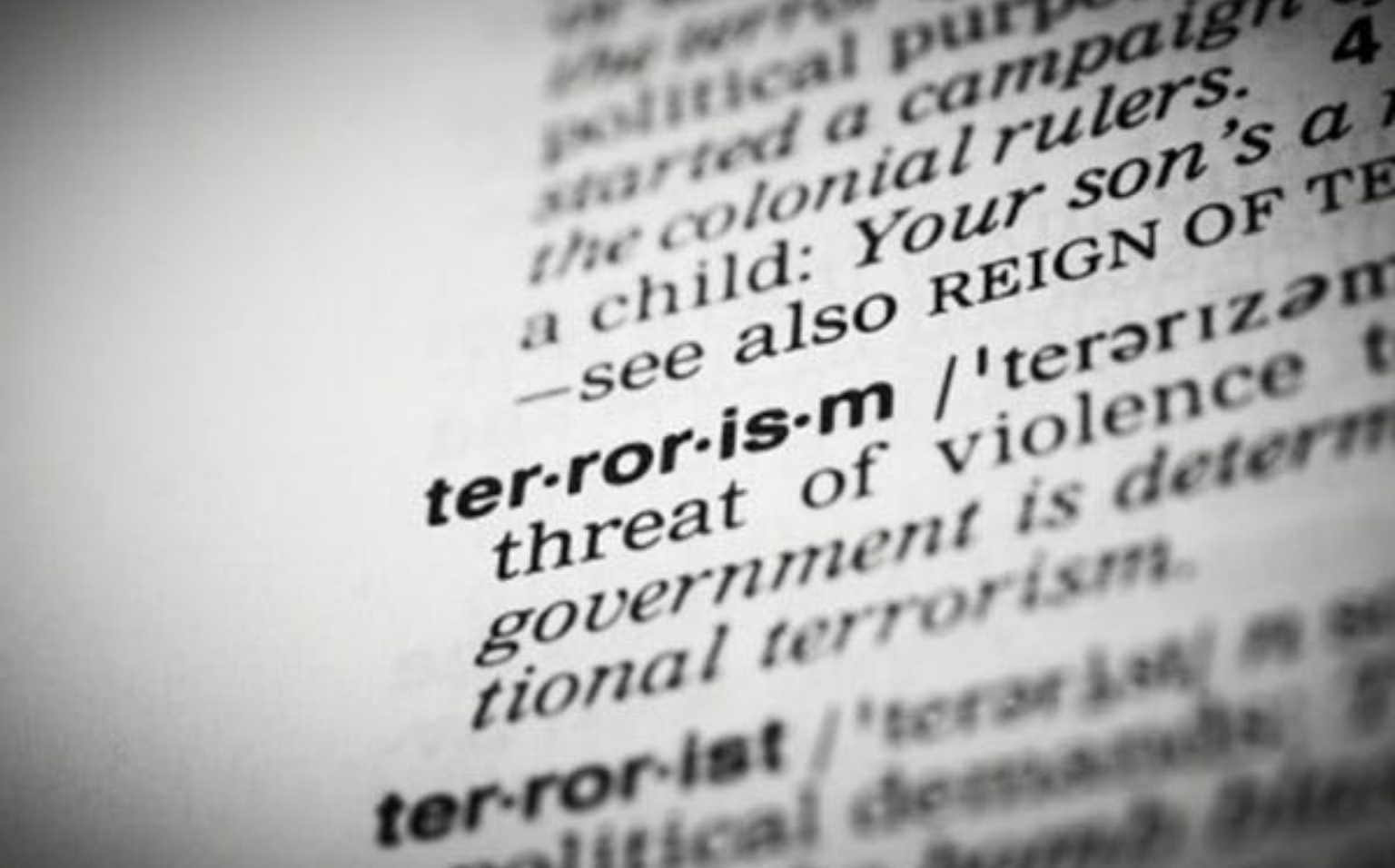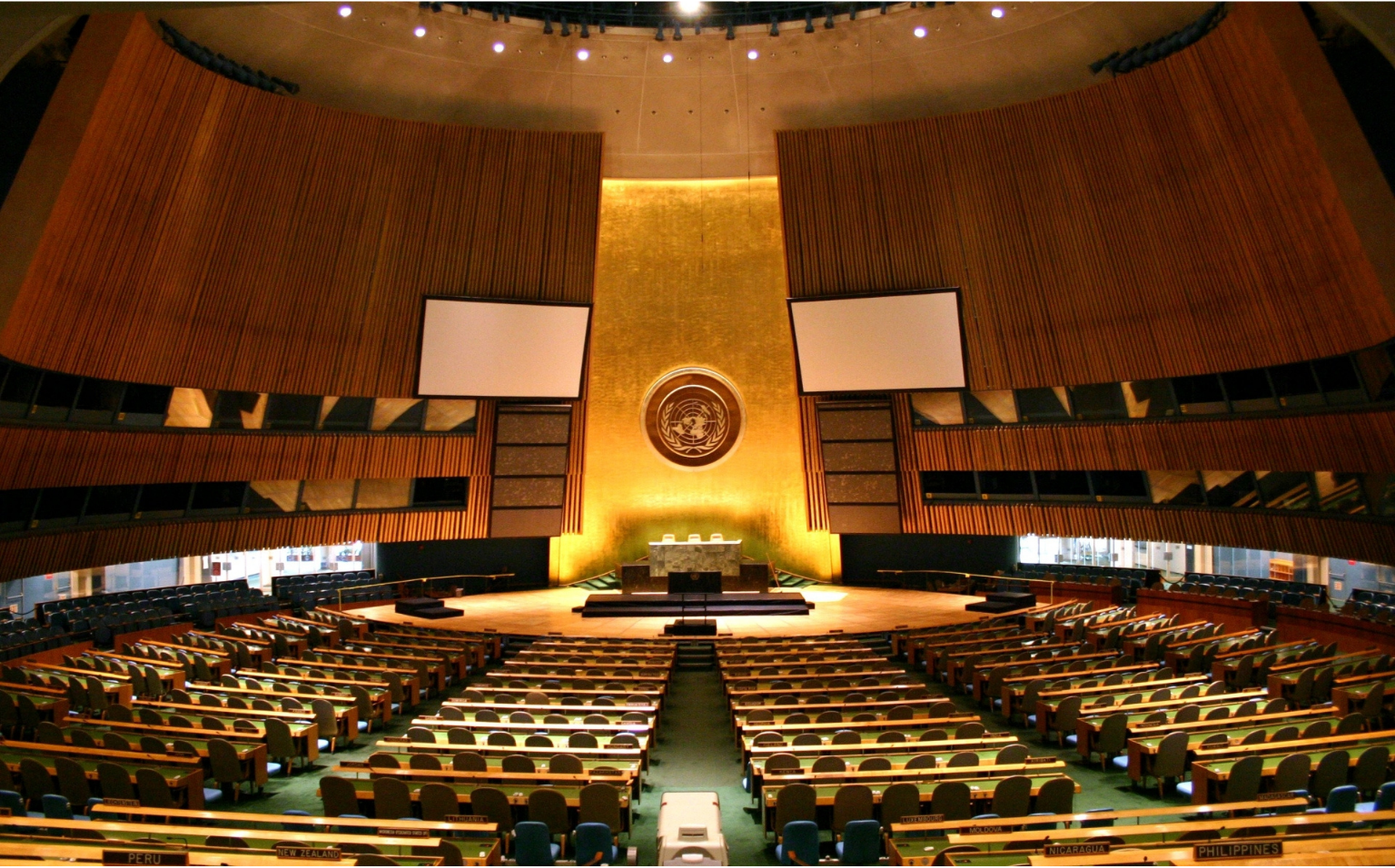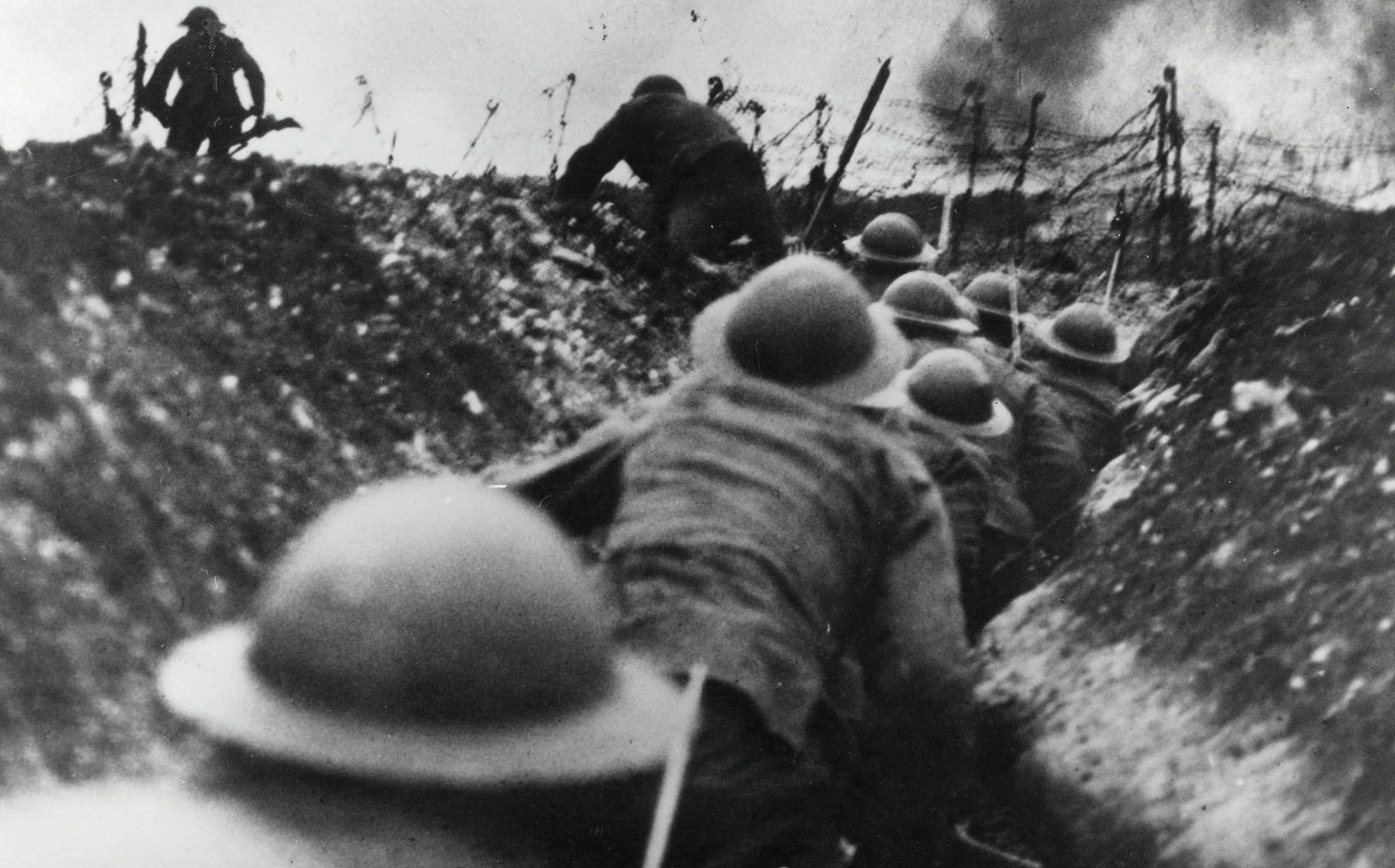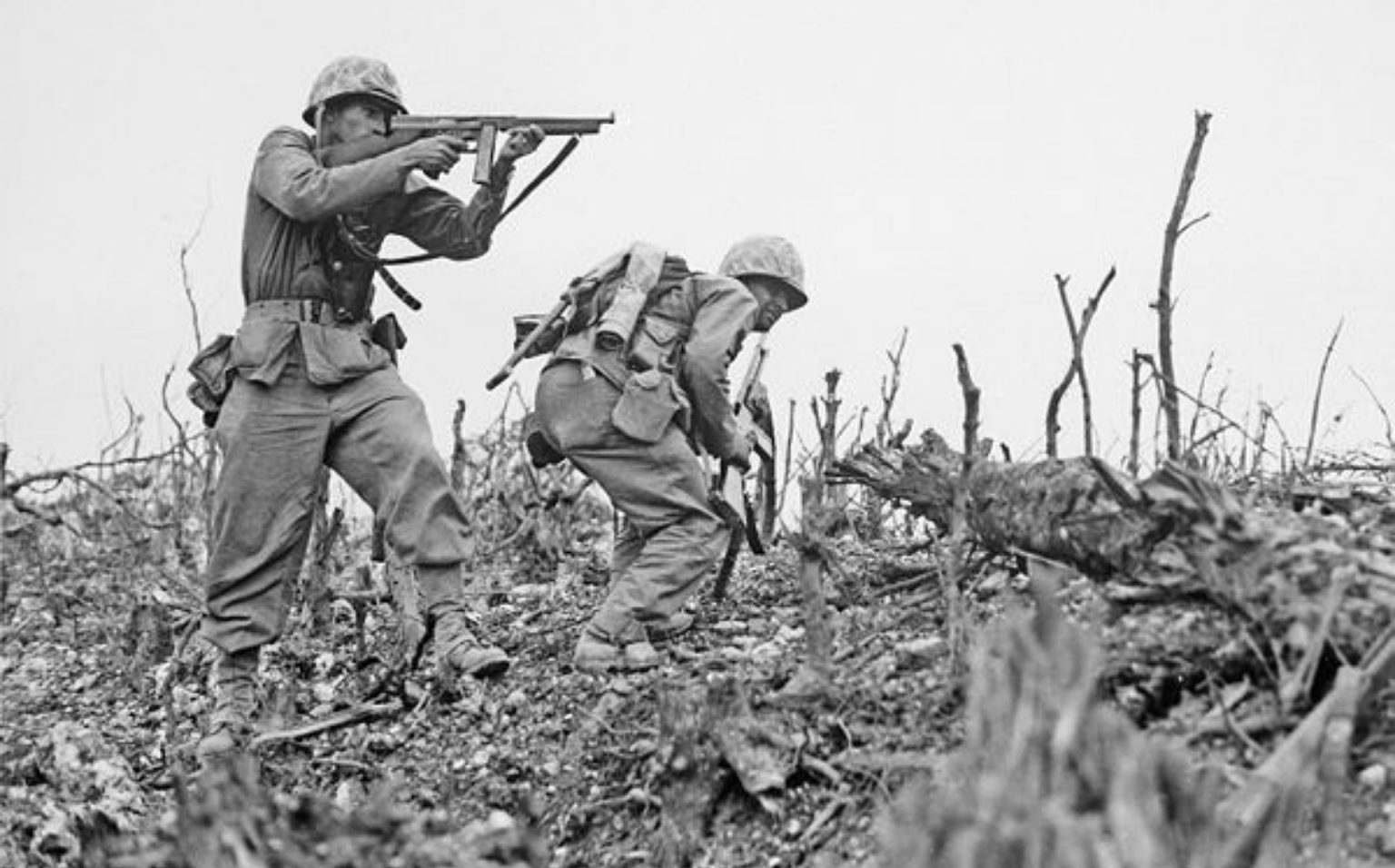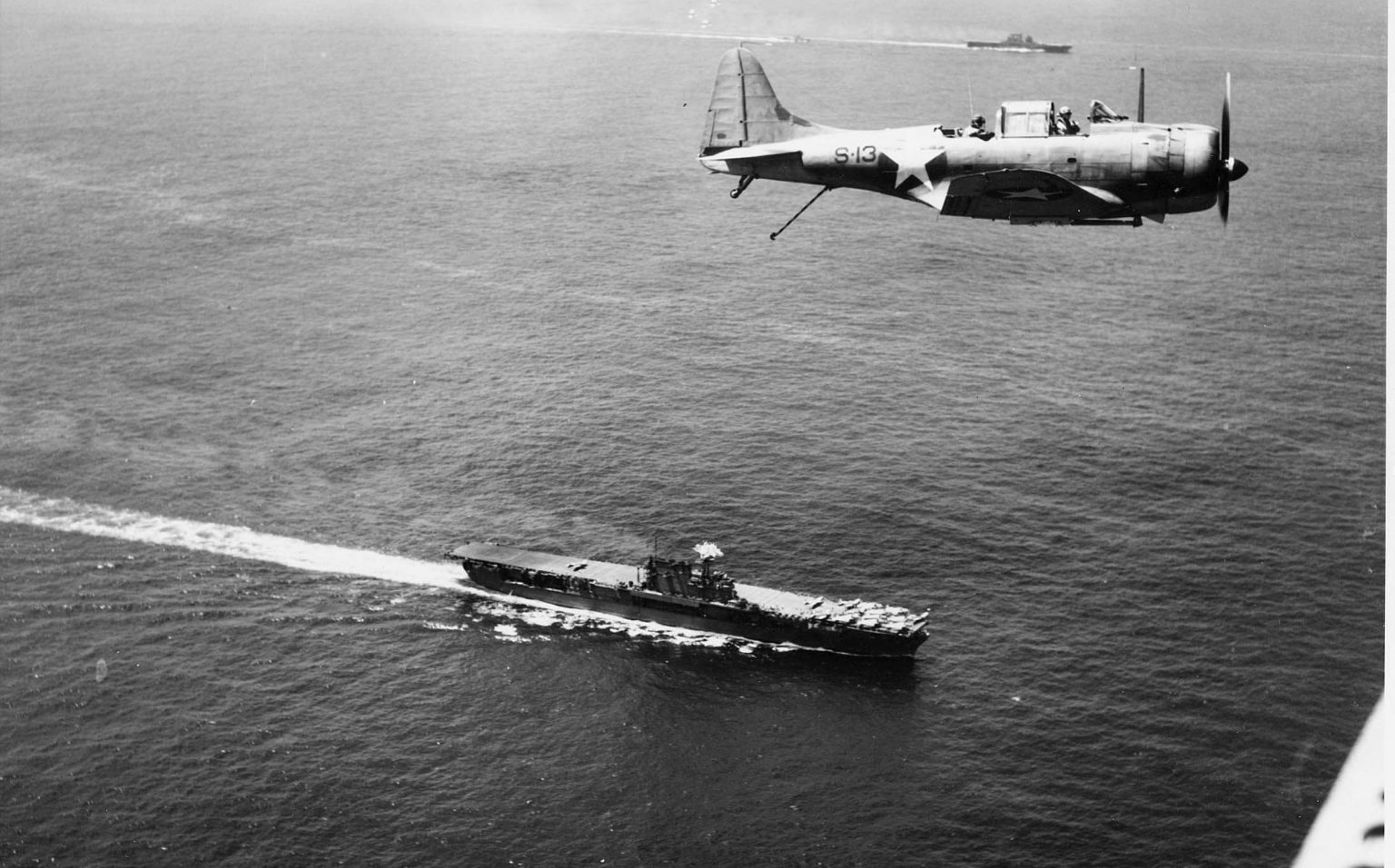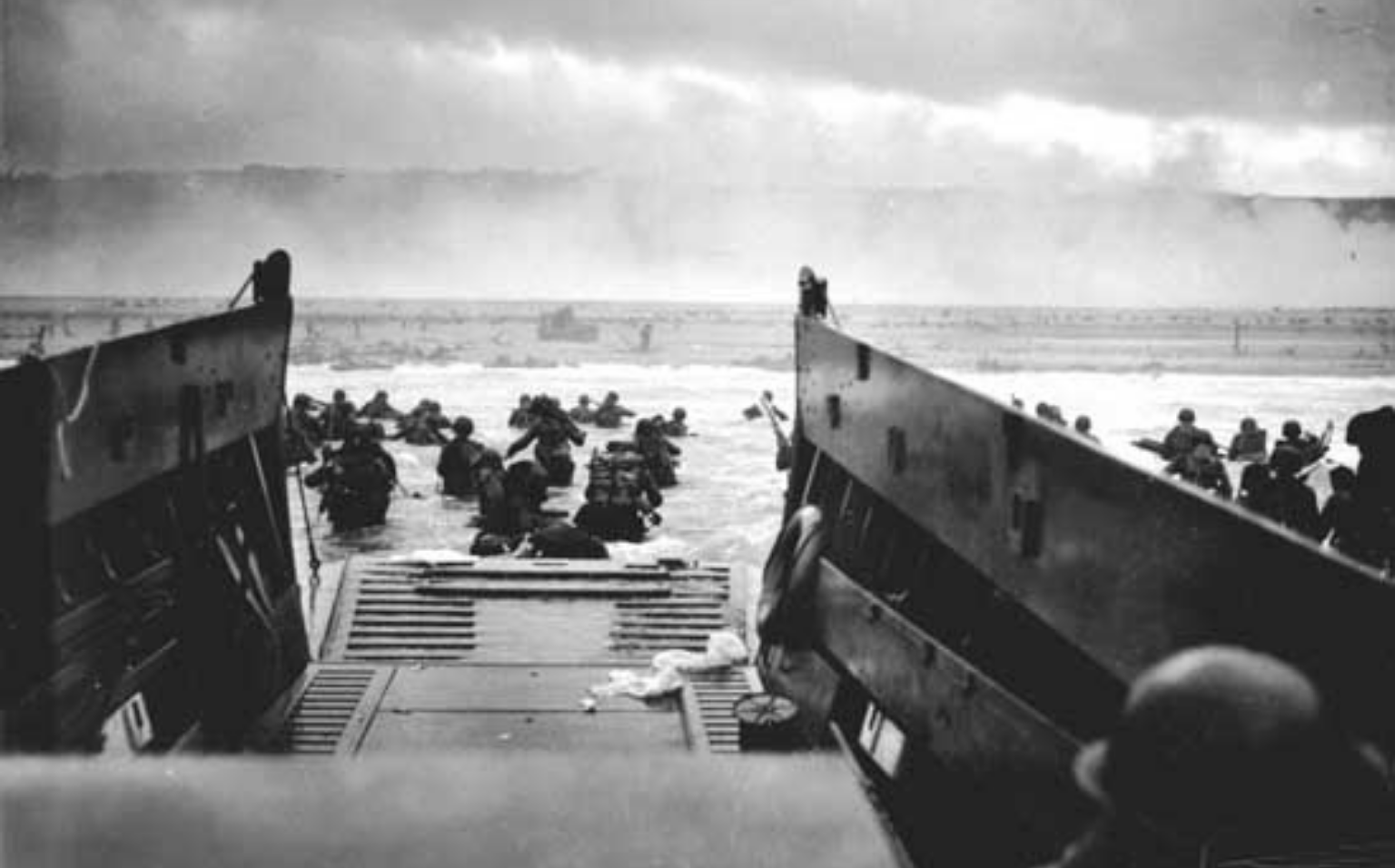About Me
My name is Alexander Zeppilli. I am a Master’s student at Carleton University in the Institute of European, Russian and Eurasian Studies (EURUS). I joined EURUS to pursue my interest in Russia and the Euro-Atlantic region. Specifically, I am interested in studying international relations as well as recent and historical conflicts in that region. I have completed a Bachelor’s degree in History from Concordia University, graduating with distinction. Over the course of my Bachelor’s degree, I have been able to enroll in courses that intrigued and interested me. I have always been particularly drawn to European History and, in the latter part of my studies, I have opted to focus on Europe and Russia. Specifically, I chose courses which focused on Europe’s conflicts during the 20th century, from World War One to the Cold War. I have included some of my assignments and papers here.
Contact
Email Address: azeppilli@outlook.com
